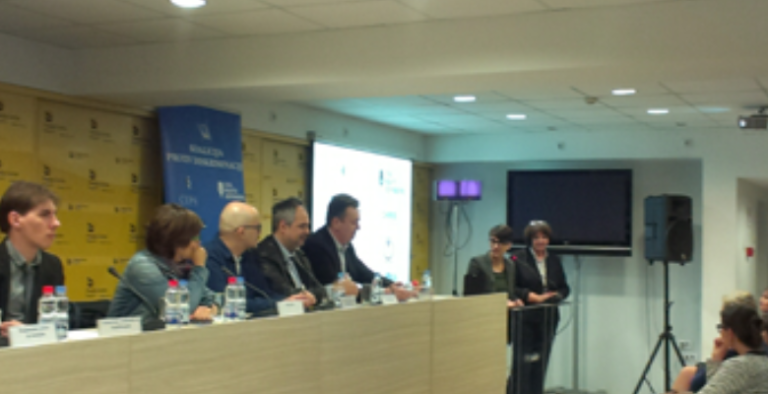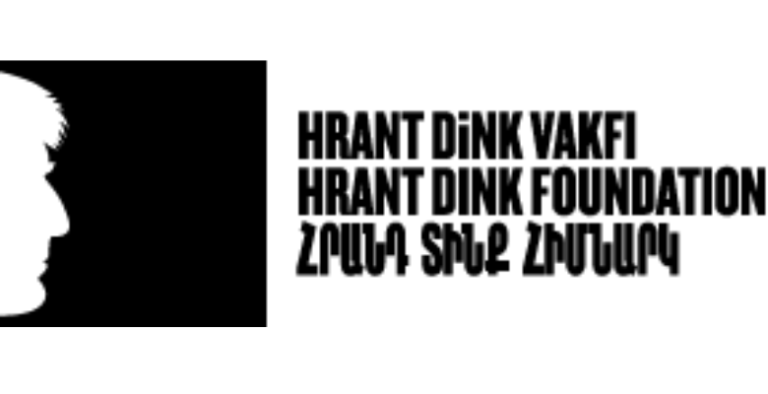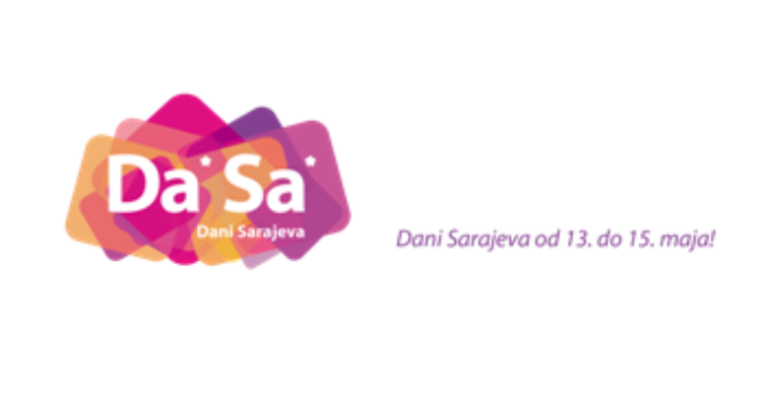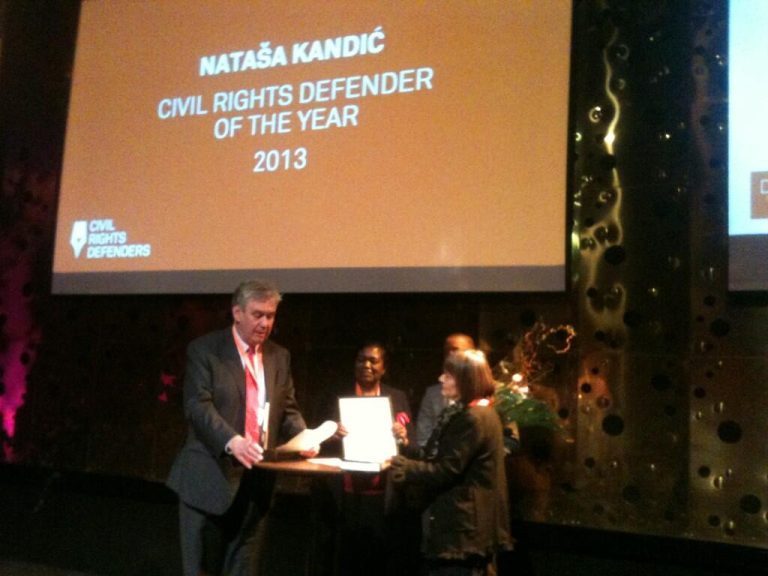Home » About us
About us
As part of our commitment to transparency and accountability, the Humanitarian Law Center is listed in the European Union Transparency Register under ID number: 113357798312-97.
Mission
The Humanitarian Law Center (HLC) is a non-governmental organization founded in 1992 by Nataša Kandić with the aim of documenting mass human rights violations across the former Yugoslavia during the armed conflicts in Croatia, Bosnia and Herzegovina (BiH), and later in Kosovo. Since its inception, the HLC has worked on documenting war crimes and human rights violations, as well as supporting victims and their families in achieving justice.
After the wars ended, the HLC turned its focus to transitional justice, striving to contribute to the establishment of the rule of law and the acknowledgment of the legacy of mass human rights violations in post-Yugoslav societies, in order to establish criminal responsibility for perpetrators, achieve justice, and prevent the recurrence of crimes.
Transitional justice
Transitional justice is a comprehensive and multifaceted process. First and foremost, victims of war crimes must realize their right to justice, truth, and reparations. In addition, an essential part of this process is uncovering the institutional and state structures and actors responsible for the systematic human rights violations during the wars of the 1990s, and removing them from existing institutions (vetting). Finally, societal awareness that the crimes occurred and public recognition of the victims are necessary to ensure that such crimes are not repeated in the future.
With these three aspects in mind, the HLC implements its transitional justice program through organizing its work in four areas:
- Documentation;
- Justice;
- Memory;
- Education.
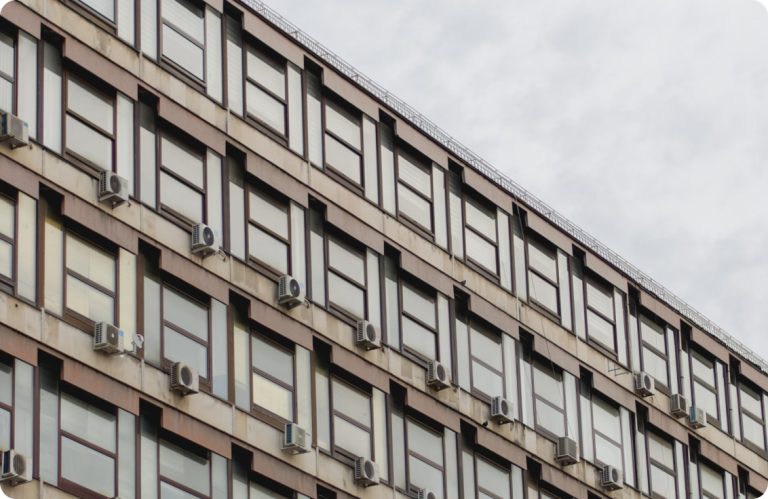

1. Documentation
The Humanitarian Law Center (HLC) has been working on the documentation of war crimes and human rights violations since 1992. Throughout its existence, the HLC has collected more than three million files related to the wars in the territory of the former Yugoslavia. The HLC archive stores documents concerning mass human rights violations dating from 1992 to the present, as well as over 90% of the publicly available documents from the International Criminal Tribunal for the former Yugoslavia (ICTY). Among other materials, the archive contains documents from war crimes trials before domestic courts in Serbia and the region, a media archive from the 1990s, and ICTY materials such as audio and video recordings and evidence presented in court. The archive is in a continuous process of digitization.
The documentation compiled by the HLC was important for cases before the ICTY, including the Foča case – a landmark case in the prosecution of wartime sexual violence. When the war in Kosovo began, the HLC opened an office in Prist
2. Justice
The HLC’s work in the field of justice includes representing victims of war crimes before courts in Serbia, monitoring all war crimes trials held in Serbia, representing victims in compensation proceedings, submitting criminal complaints to the Office of the War Crimes Prosecutor (OWCP) against war crimes perpetrators, publishing dossiers that reveal the involvement of high-ranking military and police officials in war crimes and serve as a call for vetting, researching practical policies, and advocating for changes to the legislative and institutional framework to ensure victims’ right to justice.
The Humanitarian Law Center (HLC) has developed a model for representing victims in war crimes trials before domestic courts, enabling families of victims from Bosnia and Herzegovina, Croatia, and Kosovo to attend trials in Serbia. The HLC has also represented more than 1,000 victims of human rights violations and war crimes in compensation proceedings before courts in Serbia.


3. Memory
The Humanitarian Law Center (HLC) commemorates the suffering of victims through various initiatives, including public debates, documentary films, digital memorial activism on social media, and other digital remembrance practices. In addition to marking the anniversaries of war crimes and human rights violations during the wars of the 1990s, the memorialization program critically examines dominant narratives about the wars, provides informal education, and promotes court-established facts through various media formats. The program also includes policy-oriented research, expert analysis, and commentary on official remembrance policies in the region.
The Kosovo Memory Book, an ongoing project, is the result of the HLC’s initiative to document every individual case of death or disappearance during the Kosovo war between 1998 and 2000.
The Humanitarian Law Center (HLC) also fosters a regional approach to justice through the RECOM – a civil society initiative to establish a regional truth commission that would determine the facts about war crimes and human rights violations committed between 1991 and 2001 on the territory of the former Yugoslavia.
Throughout its existence, the HLC has developed numerous partnerships: it is a member of the Coalition for RECOM, the International Coalition of Sites of Conscience, and Victim Support Europe.
4. Education

Team
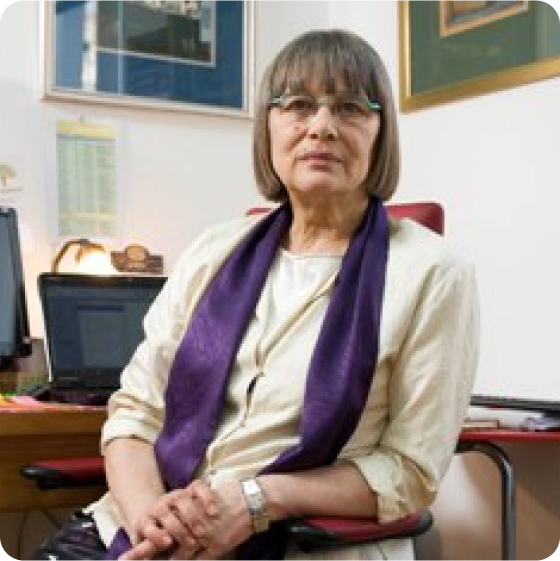
Nataša Kandić, Founder

Goran Miletić, Founder

Katarina Kostić, Founder

Jasmina Lazović, Executive Director

Jelena Krstić, Development Manager

Jovana Kolarić, Researcher

Marijana Čestić Jelovac, Legal Analyst

Vladimir Milanović, Arhivist

Mia Deretić, Chief Accountant

Milan Gačanović, Associate

